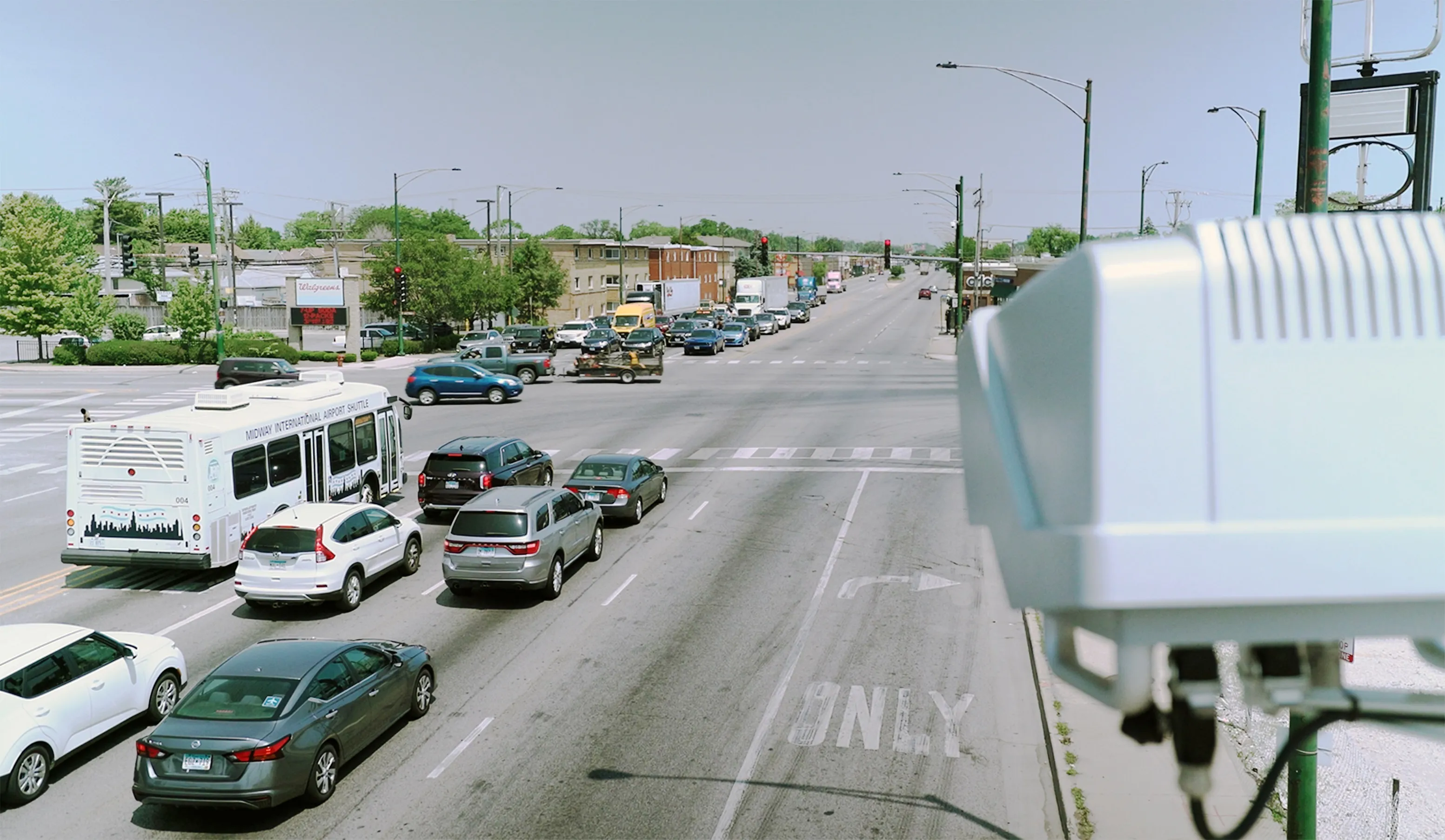March 1, 2023
Transportation infrastructure is a critical, frontline component when building a Smart City. Connected vehicle technology from Applied Information enables communities to provide a critical layer of safety for all roadway users – emergency responders, bus riders, motorists and vulnerable road users. By adding intelligent street lighting, cities take night time safety to the next level.
Content produced in association with Applied Information








